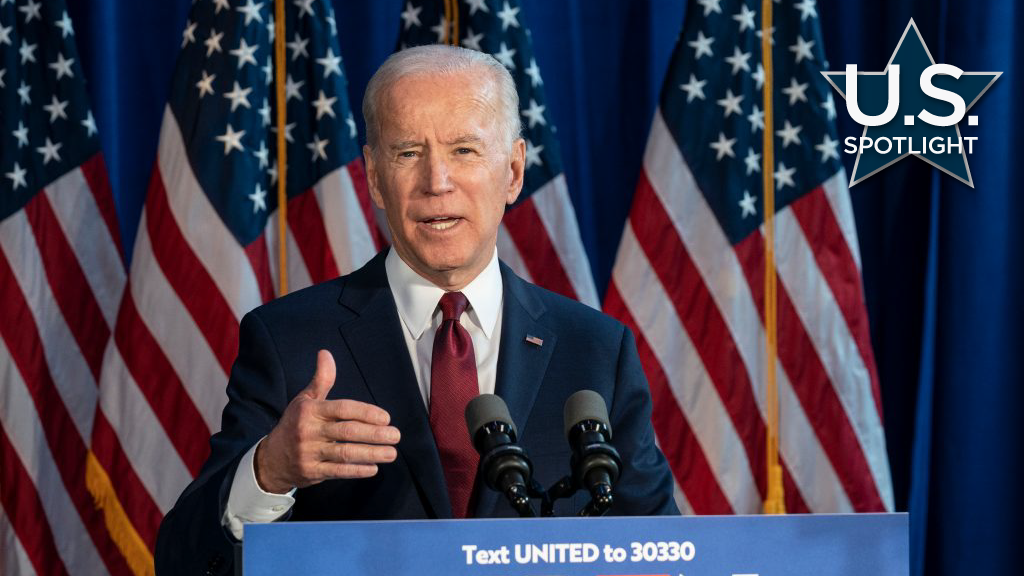The Associated General Contractors of America (AGC) is consulting on how it will move forward after a judge dismissed its challenge to a federal regulation that would require contractors to negotiate or agree to project labor agreements (PLAs) on federal construction projects of $35 million or more.
Contractors are railing against the proposed rule released by the Federal Acquisition Regulation Council after an executive order imposed by the Joe Biden administration. They maintain it undermines current labor agreements for union firms and discriminates against open shop contractors.
The president does not have the right to impose labor and employment terms that would disrupt existing deals, they say, and the PLA regulation is beyond the scope of executive authority.
The AGC and its Louisiana chapter filed suit in the U.S. District Court for Western Louisiana to block the sweeping proposal. The suit argued the government-mandated PLAs would require a contractor to negotiate with unions – regardless of whether they have ongoing relationships with those unions – and would therefore give the unions “immense leverage” to set the terms and conditions.
They maintain the contractor would be required to have an agreement as a condition of being awarded the project, allowing unions to impose more costly work rules and practices.
AGC chief executive officer Stephen Sandherr noted the new regulation is an “unlawful solution in search of a nonexistent problem.
“Current law prohibits the president from unilaterally imposing labor and employment terms that would disrupt existing agreements for union contractors and exclude open shop firms from competing for federal projects.”
In its filing, the AGC said the change is beyond the scope of executive authority and current laws governing federal procurement do not provide the president with the authority to impose labor policies as a precondition for securing projects.
The complaint also noted the regulation contradicts, among other things, the Procurement Act, the Competition in Contracting Act and the National Labor Relations Act in terms of limits that can be placed on competing for federal work and decisions requiring union participation in the workforce.
An analysis conducted by the AGC of federal procurement data since President Barack Obama issued an executive order requiring federal agencies to “consider” imposing project labor agreements found federal procurement officials do not favour the deals, and in 99.4 per cent of federal defence-related construction projects, procurement officials found no benefit to mandating such a deal.
The administration’s own analysis foundonly 12 such deals were used out of a possible 2,000 eligible federal projects.
However, the legal challenge has stalled as a federal judge in Louisiana has dismissed the argument on procedural grounds, namely on the basis that representative contractors in the suit do not have sufficient standing to challenge the rule in the Western District of Louisiana, as they failed to show the venue of the decision-making process appears to have taken place in Louisiana, not Florida.
The judge ordered that, with the venue being improper, the matter should be transferred to a court with proper venue, such as the Middle District of Louisiana, the Eastern District of Virginia, or to the District Court for the District of Columbia, which is the residence of the Federal Acquisition Regulatory Council.
The judge also found there was inadequate evidence that the regulation posed a sufficient “threat of concrete, particularized, or imminent injury” to the business interests of the individual contractors named as plaintiffs.
The court noted that, among the reasons stated for that conclusion, the regulation gives senior procurement executives in federal agencies the authority to grant exceptions to the PLA mandate and that there is no evidence that they will not grant such exceptions.
The court also found the alleged injuries to the companies’ businesses were too speculative because no contractor has yet been denied a contract as a result of the regulation.
In a statement, the AGC said although it disagrees with the court’s analysis, it is clear that the implementation of the PLA mandate by federal agencies – and whether exceptions are granted – will be weighed heavily in a judicial review.
The AGC said in filing the lawsuit, it understood its case could be dismissed on procedural grounds. The association calculated, nevertheless, that the regulation’s harm to its members and the possibility for success far outweighed any decision to delay filing.
The association is now consulting with legal counsel to determine its next step.
Additional evidence of the negative impact on contractors may be needed to proceed with legal action, the AGC states.
Accordingly, the association is looking for evidence that shows exemptions to PLAs have been denied or are clearly not going to happen and information showing that contractors are uncertain as to when they’ll have to present a PLA, particularly in cases where there’s only a very short time contemplated by the opportunity.
The AGC is also looking for examples of procurement agencies providing additional details about what must be required in such an agreement, and examples of actual deals negotiated and submitted with bids.
Meanwhile, the association is looking for information on actual attempts by member companies to try to negotiate PLAs that have been rebuffed by the unions as well as actual examples of unsuccessful attempts to identify qualified signatory subcontractors.











Recent Comments
comments for this post are closed